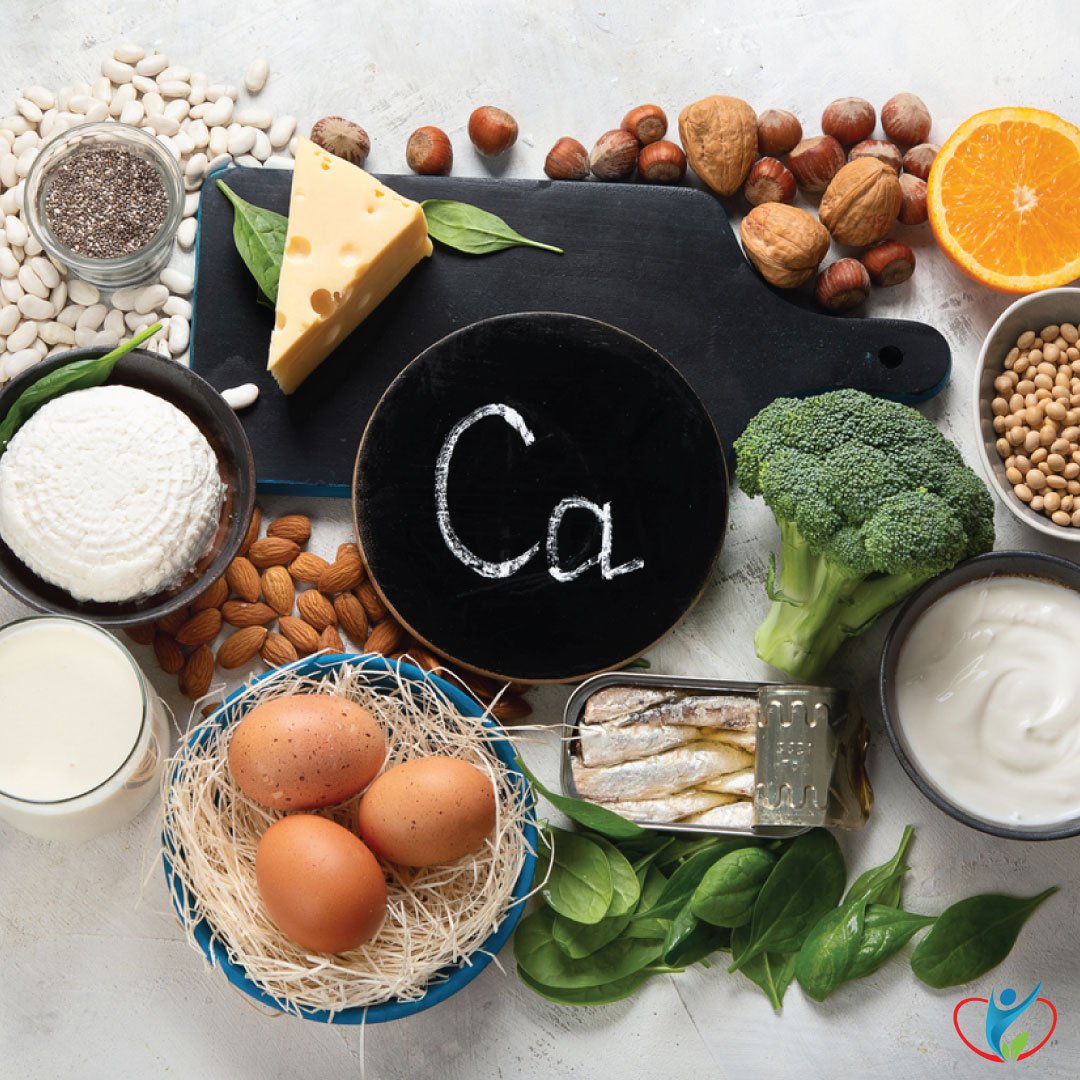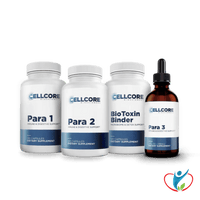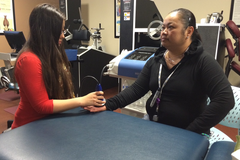Purpose
Calcium is an essential nutrient that is necessary for many functions in human health. Calcium is the most abundant mineral in the body with 99% found in teeth and bone.
Calcium is an important mineral to consume in our daily diets. While it is well known that calcium helps build strong bones calcium is critical for a number of health variables.
 We need calcium for:
We need calcium for:
- Strong bones
- Strong teeth
- Improving blood pressure and heart health and muscle function
- Weight management
Recommended Daily Intake (RDI)
Age and sex affect the RDI of most vitamins and minerals, so it is important to find the column that best suits you to see how much calcium you need in your diet or in supplement form. Getting too much calcium can also have a negative effect on the body. This usually happens through excessive supplementation and can cause, among other things, kidney stones.
|
Female |
Male |
Pregnant |
Breastfeeding |
|
|
Birth to 6 months |
200 mg | 200 mg | - | - |
|
Infants 7 - 12 months |
260 mg | 260 mg | - | - |
|
Children 1 - 3 years |
700 mg | 700 mg | - | - |
|
Children 4 - 8 years |
1,000 mg | 1,000 mg | - | - |
|
Children 9 - 13 years |
1,300 mg | 1,300 mg | - | - |
|
Teen 14 - 18 years |
1,300 mg | 1,300 mg | 1,300 mg | 1,300 mg |
|
Adults 19 - 50 |
1,000 mg | 1,000 mg | 1,000 mg | 1,000 mg |
|
Adults 51 - 70 |
1,200 mg | 1,000 mg | - | - |
|
Adults 71+ |
1,000 mg | 1,000 mg | - | - |
Signs and Symptoms of Deficiency
Without the proper intake of calcium for your age and sex, you may experience many negative effects. These symptoms range from obviously-attributable-to-a-lack-of-calcium conditions such as easily fractured of bones to less obvious symptoms including hallucinations. There is a spectrum of symptoms a lack of calcium can cause given its key role in the body.
The signs and symptoms are:
- Osteoporosis
- Confusion or memory loss
- Muscle spasms
- Numbness and tingling in the hands, feet, and face
- Depression
- Hallucinations
- Muscle cramps
- Weak and brittle nails
- Easy fracturing of the bones
- Slower hair growth
- Fragile thin skin
Food Sources
Dairy is probably the first food source we think of when we want to include calcium in our diets, however, there are many more sources that are much more nutritious and less inflammatory than conventional dairy.
Calcium food sources include:
- Organic sprouted seeds
- Grass-Fed cheese
- Grass-Fed yogurt and kefir
- Wild-Caught sardines
- Wild-Caught canned salmon
- Soaked beans and lentils
- Organic sprouted almonds
- Grass-Fed whey protein
- Organic collard greens, spinach and kale
- Rhubarb
- Okra
- Fortified foods and drinks
- Amaranth
- Organic edamame
- Organic tofu
- Figs
- Grass-Fed milk
Note: Magnesium and vitamin D are key in calcium absorption so if you have a calcium deficiency or imbalance, then you are more likely to have a magnesium or vitamin D deficiency as well.
Healthy Beings' Strategies to Address Deficiency
Healthy Beings offers supplements and services that can mitigate and address deficiencies you might be struggling with. We also offer recommendations beyond our current available inventory. You will find suggestions below that can help prevent a deficiency. If you are not sure if you have a deficiency, contact us HERE and we will answer questions you might have.
Testing your Vitamin D level every 3-6 months is necessary to ensure you are maintaining an optimal level and taking the appropriate dose of Vitamin D, which is needed for strong bones, immunity, to prevent calcium deficiency, and so much more!
- Vitamin D Test
- Vitamin D supplements:
- Calcium supplements:
- Magnesium supplements:
- Initial Health Coach Appointment
- Physician Appointment
Sources
1. https://www.healthline.com/nutrition/15-calcium-rich-foods
2. https://www.healthline.com/health/calcium-deficiency-disease
3. https://ods.od.nih.gov/factsheets/Calcium-Consumer/












